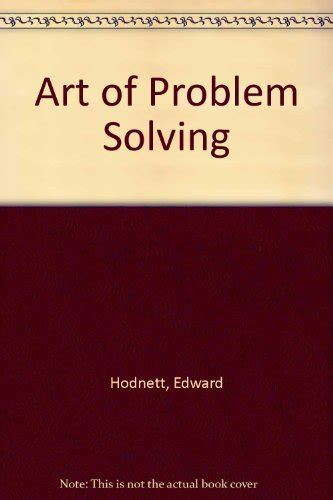A Quote by Scott Pelley
Science doesn't care, by and large, what the answers are. It's only interested in getting the right answer. And journalism should be very much that way.
Quote Topics
Related Quotes
By the time the average person finishes college, he or she will have taken over 2,600 tests, quizzes, and exams. The right answer approach becomes deeply ingrained in our thinking. This may be fine for some mathematical problems where there is in fact only one right answer. The difficulty is that most of life isn’t this way. Life is ambiguous; there are many right answers- all depending on what you’re looking for. But if you think there is only one right answer, then you’ll stop looking as soon as you find one.
A reckoning is coming on the state of the internet journalism, because right now, the way it's set up, there is so much room for libel to squeak through that you're going to see...they're going to rewrite the rule book on journalism very soon. They have to, because the bloggers are getting away with so much rumor-mongering about public officials and even private figures because they don't have editors and they don't have fact checkers and they don't have lawyers. There is going to be a price to pay somewhere down the line.
religion is about having the right answers, and some of their answers are right... but i am about the process that takes you to the living answer... it will change you from the inside. there are a lot of smart people who are able to say a lot of right things from their brain because they have been told what the right answers are, but they don't know me at all.
But in the end, science does not provide the answers most of us require. Its story of our origins and of our end is, to say the least, unsatisfactory. To the question, "How did it all begin?", science answers, "Probably by an accident." To the question, "How will it all end?", science answers, "Probably by an accident." And to many people, the accidental life is not worth living. Moreover, the science-god has no answer to the question, "Why are we here?" and, to the question, "What moral instructions do you give us?", the science-god maintains silence.
Science is a way of getting knowledge. It's a method. It's a method that really relies on making mistakes. We propose ideas, they are usually wrong, and we test them against the data. Scientists do this in a formal way. It's a way that everyone can go through life; that's how we should be teaching science from a very young age.
It is clear that everybody interested in science must be interested in world 3 objects. A physical scientist, to start with, may be interested mainly in world 1 objects--say crystals and X-rays. But very soon he must realize how much depends on our interpretation of the facts, that is, on our theories, and so on world 3 objects. Similarly, a historian of science, or a philosopher interested in science must be largely a student of world 3 objects.
































